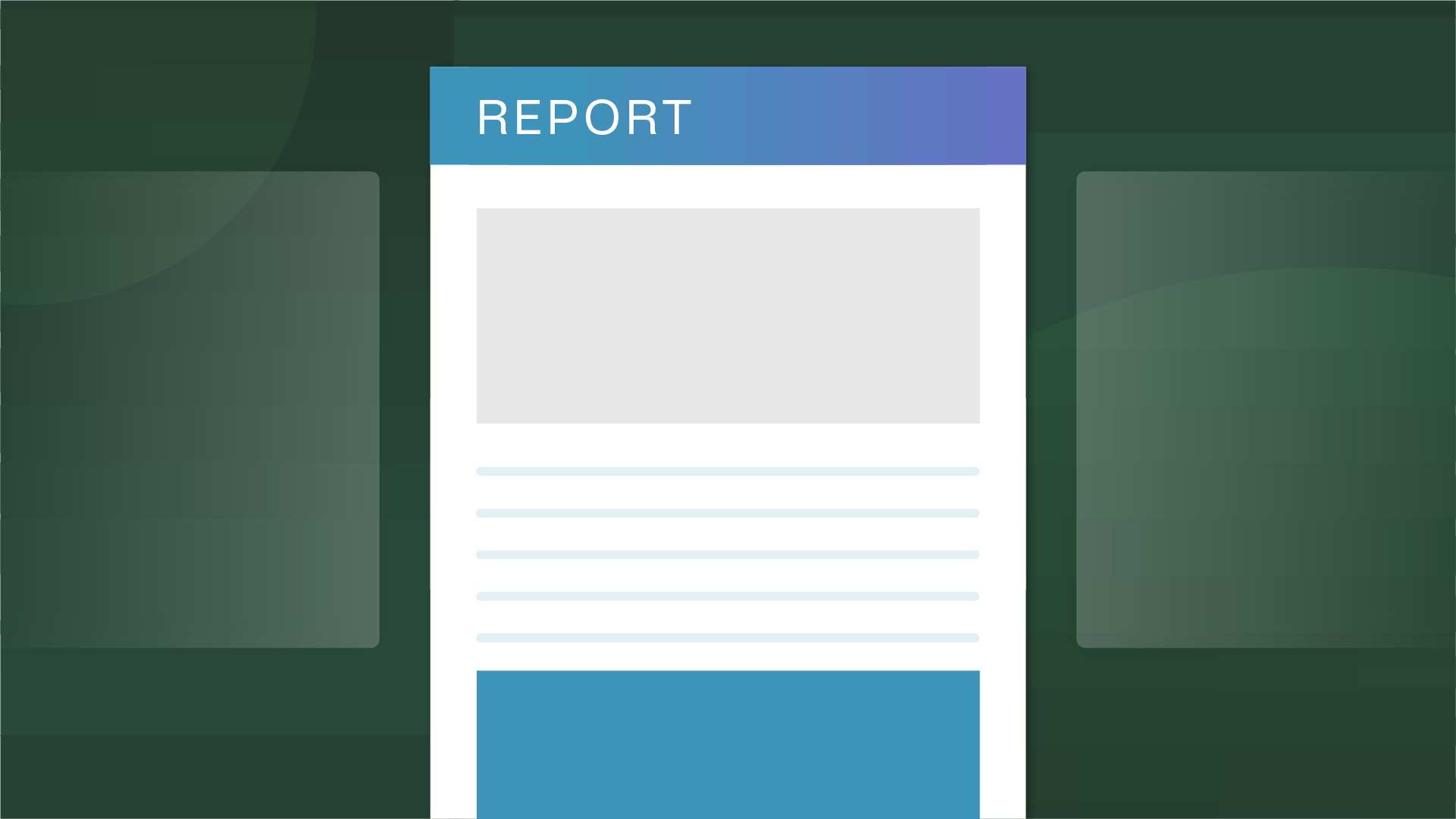We are living in a time of great distrust, where trust has been eroded from many pillars of our society. From politics to media to technology, the general operating principle is trust no one, trust nothing. But is that sustainable? And can that build a better world for future generations? I recently participated in a panel discussion with Deloitte at CES talking about how to build digital trust to drive business performance and want to share some of my insights and takeaways.
We know what trust means, but how does it apply in the context of business? In many ways, it’s similar to the experiences in our personal lives but plays out on a larger scale. In both cases, it means acting in a manner consistent with commitments: do what you say and say what you do. For businesses, though, the digital transformation has created a paradox where technology can do both good and bad, especially as it relates to privacy and security commitments.
What are the primary domains of trust?
Trust can be seen as the primary form of currency for organizations – for every stakeholder. Employees, vendors, investors, and customers all make decisions based on this, and given the level of importance, the challenge is to make trust measurable and actionable. To do so, trust needs to be defined in order to measure success around them. In the tech sector, stakeholders are asking the following four questions to businesses:
- Can I trust you with my data?
- Can I trust your decisions are risk-informed?
- Can I trust your ethics?
- Can I trust you’re doing good for people and the planet?
These questions form the basis of what is being called the 4 trust domains – Privacy, Security, Ethics, and ESG.
From lowering risk to increasing value
While trust used to be seen from a risk mitigation and compliance angle, the big picture is now shifting to competitive advantage and value creation. These three questions below can help define standards around these domains for businesses.
- Which domains (privacy, security, ethics, ESG) are most relevant to the business?
- What are the ways performance can be measured in each domain, as well as overall?
- How can the link between trust performance and business goals be demonstrated?
This fundamental shift from regarding trust as downside protection to upside maximization has also led to the understanding that security and privacy are two different sides of the trust coin. While security focuses on ensuring that the appropriate technical measures are in place to prevent data breaches, privacy focuses on people.
Privacy = people
Privacy empowers users to have choice, transparency, and ultimately control over how their data is being collected and used. Organizations need to honor user privacy by using consent management solutions to give users control over what data is being collected while providing avenues for users to exercise their rights to request access and/or deletion of their data. These actions go a long way in building “trust equity” with customers.
In the case of employees, introducing a hybrid model of work, giving employees the choice and freedom to work in the environment they prefer, along with a diverse, gender-balanced, and inclusive workforce builds trust equity within an organization.
Trust intelligence
So now that trust can be defined among four domains and individual businesses can determine trust initiatives based on their priorities, the key question arises: what tools are available to enable the trust-building journey?
OneTrust has built a Trust Intelligence Platform that helps companies operationalize trust and embeds privacy, security, ethics, and ESG best practices into their daily workflows. Privacy is in our DNA, and we’ve used our expertise to evolve the privacy by design (PbD) concept and have introduced Trust by Design. This takes PbD one step further and screens any new initiatives for trust impacts before going live.
Building trust
People around the world have re-calibrated on what good looks like for business. More than anything, it’s trust. We cannot move forward in a world we do not trust – businesses know that to remain successful in the future, trust is the new currency and the way to drive differentiated value and competitive advantage.
Learn more about OneTrust’s Trust Intelligence Platform here.










